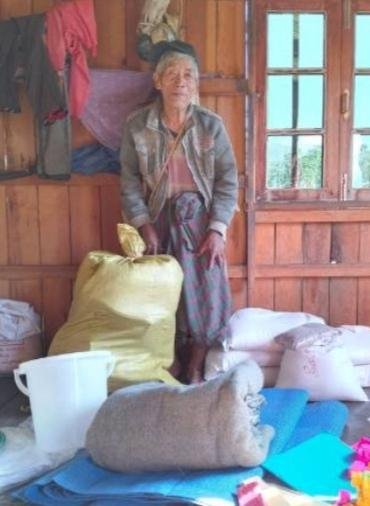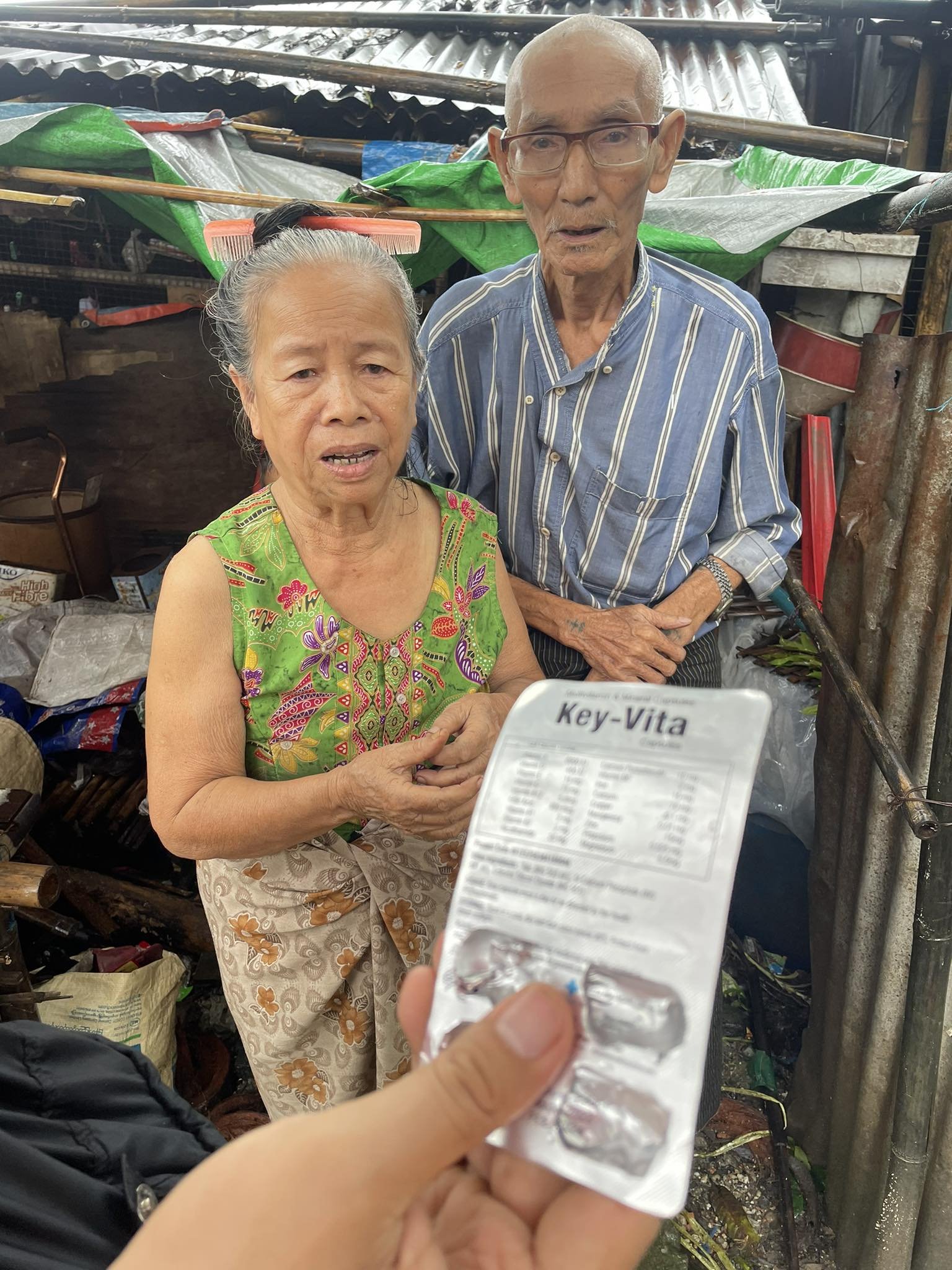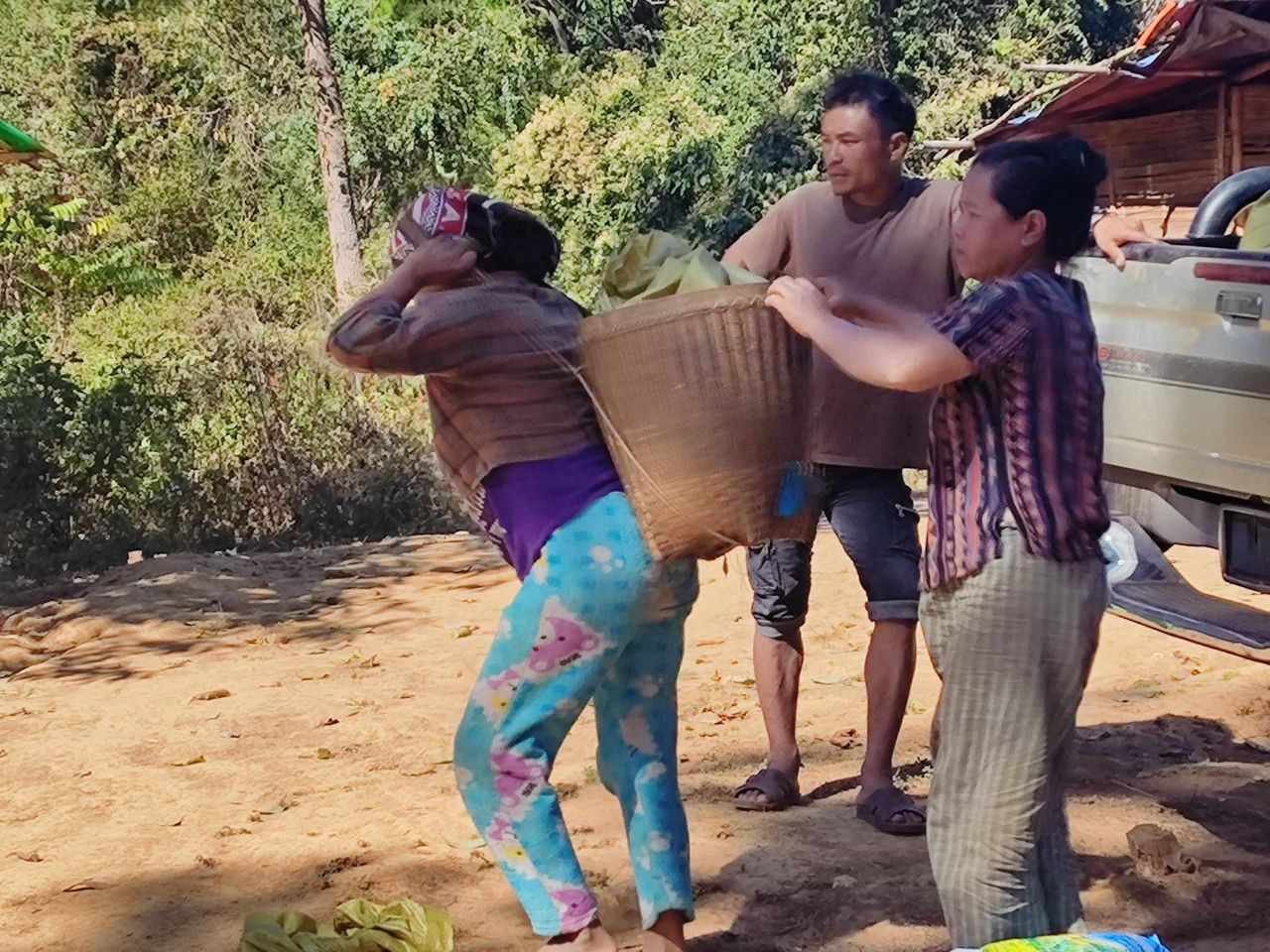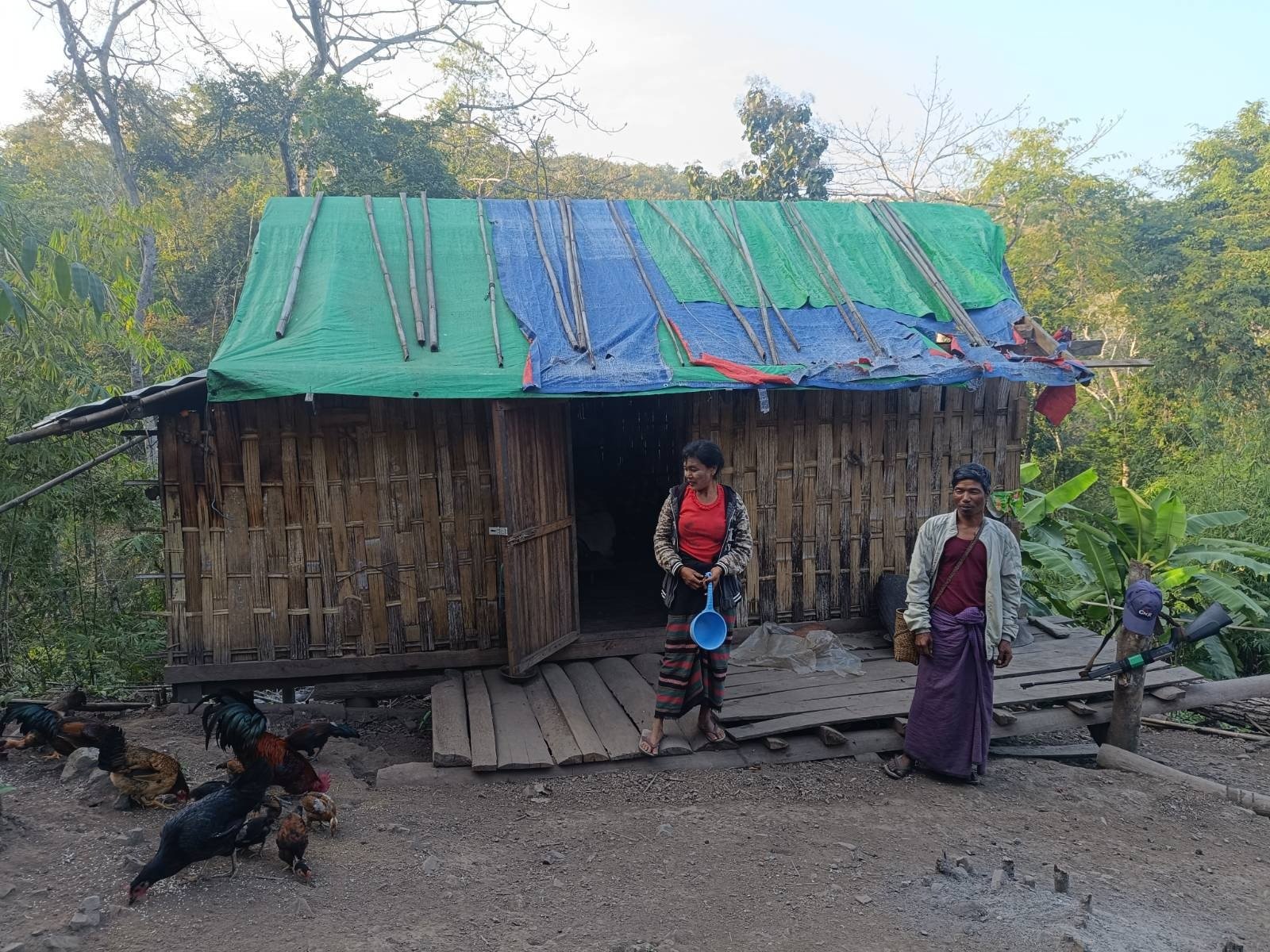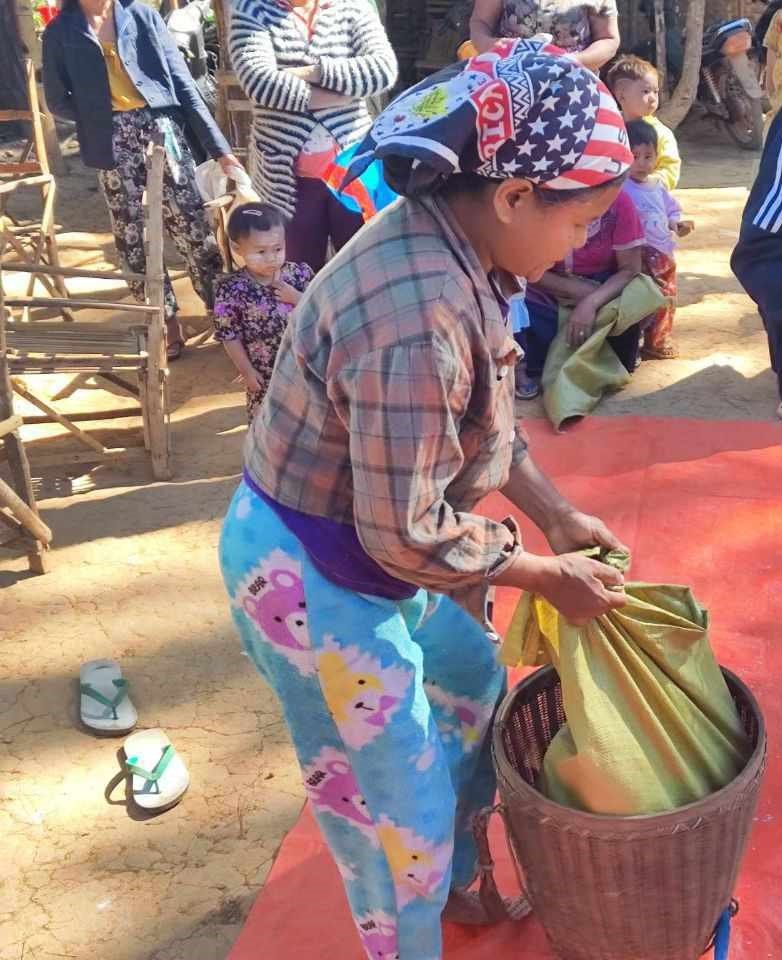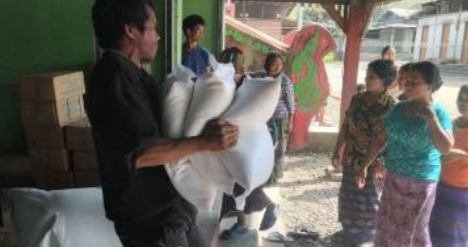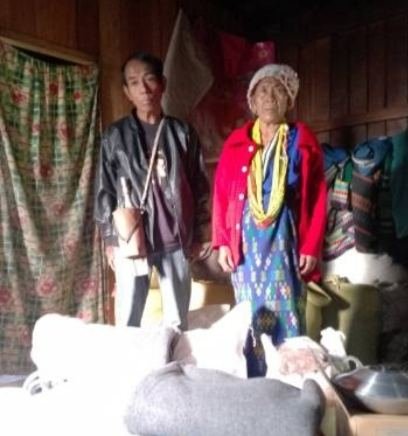Hope on the Shan Hillsides
Shan State, one of Myanmar's most diverse and mountainous regions, has become a significant battleground in the country's ongoing conflict. While this state had long been home to ethnic communities and a rich agricultural tradition, the situation has now drastically changed. The recent surge in military violence has left entire villages destroyed and thousands of families displaced. Many are now living in makeshift camps scattered throughout the state, enduring brutal conditions as they struggle to survive. The relentless bombardments and conflict have transformed Shan into one of Myanmar's highest-risk areas, with humanitarian needs growing more desperate by the day.
For those displaced, the challenges are immense. The camps, often remote and difficult to access, lack basic infrastructure. There is little access to clean water, and proper sanitation is almost non-existent. Without adequate food supplies, many are going hungry. Mothers struggle to feed their children, and malnutrition is on the rise. The elderly and disabled are particularly vulnerable, often unable to access the medical care they need. The region’s isolation only adds to the hardship, as roads are blocked by military checkpoints, making it nearly impossible for aid to reach those in need.
Despite these difficulties, local teams supported by Better Burma, all of which are funded entirely by the generous contributions that our donors provide, have been doing everything they can to provide relief to the most vulnerable. These teams have managed to deliver essential food supplies, including rice, lentils, and milk powder, to families in some of the most isolated camps. For many, these supplies are the only thing standing between them and starvation. But food is only part of the equation—medical needs are equally urgent. Many displaced people are suffering from preventable diseases like cholera, malaria, and dysentery. The lack of clean water has exacerbated the spread of these illnesses, particularly among children.
Mobile medics have been working in the camps to provide as much medical assistance as possible. However, their resources are limited, and the need far exceeds what they can provide. Pregnant women, infants, and the elderly are often in dire need of care, but without sufficient medical supplies, it is difficult to offer more than basic treatment. In one camp, a local medic described how they had to treat serious injuries with only bandages and painkillers, as there were no antibiotics available. While some severely injured people have been transported to nearby clinics, many remain without the critical care they need.
Another significant issue in Shan is the trauma experienced by those who have fled their homes. Many have lost family members to the conflict, and children in particular are struggling with the psychological toll. Without access to education or any sense of normalcy, they are growing up in a constant state of fear and uncertainty. Some of the children in these camps have not been to school in years, and the future for many of them looks increasingly bleak.
Despite these challenges, there is hope. The efforts of the local teams have brought some much-needed relief to those in the camps. Their work has helped stabilize the situation in some areas, at least for now. Recently, they were able to distribute food packages to over 600 households in Shan, providing enough supplies to last for several weeks. They have also distributed hygiene kits, which include soap, sanitary products, and mosquito repellent, to help prevent the spread of disease. While these efforts have been critical, the need for more support is greater than ever.
If you’ve already donated to support Shan State, your contribution has made a tangible difference. Thanks to your generosity, families have received food and medical care that has literally saved lives. But the situation remains dire, and without continued support, the relief efforts will not be able to keep pace with the growing demand. Every day, more families are displaced, and the resources available are stretched thinner and thinner. Your contribution will help deliver food, clean water, and medical supplies to those who need it most. Together, we can ensure that these families have a chance to survive this crisis.
